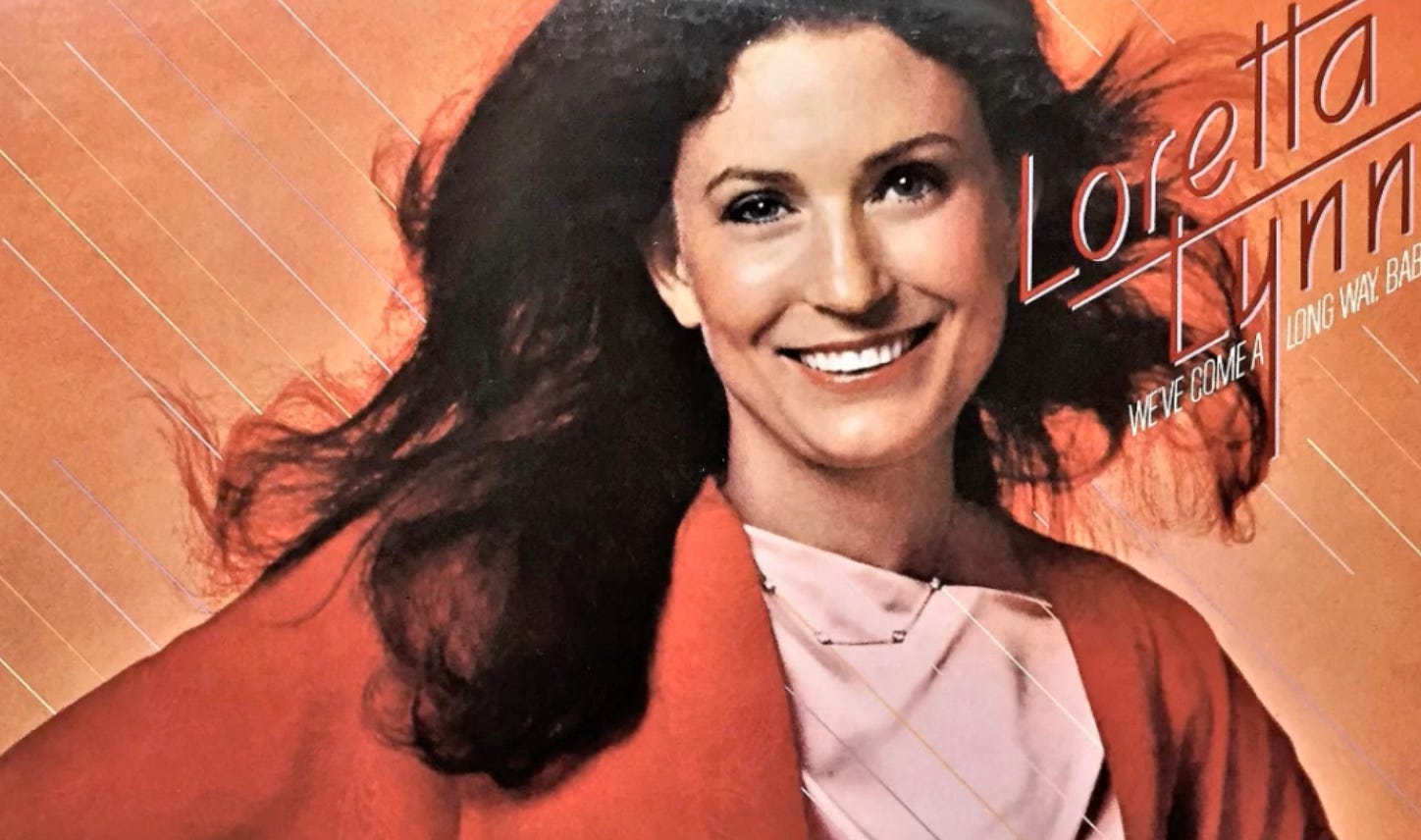I wasn’t inclined to write about another silly story in the New York Times, but the more I read the more unctuous, biased and just plain disconnected from reality that this story got.
The story, “Why Gender May Be the Defining Issue of the Election,” was written by two women would who would have received an A+ from their sociology professor for how they have conformed to the given wisdom.
The “reporters”—Lisa Lerer and Katie Glueck—write:
The issue is rarely directly addressed by either of the candidates. Yet the matter of Ms. Harris’s gender — and her potential to make history as the country’s first female president — is defining the campaign, creating a contest that is, in ways overt and subtle, a referendum on the role of women in American life. [Emphasis added.]
Talk about being captive of the far-left environment that dominates so many newsrooms today. If this issue even shows up in polls, it’s far behind more pressing concerns like the economy, inflation and illegal immigration.
The two reports have provided an example of how the New York Times twists the facts and conjures up a reality that reflects the progressive/liberal/Democratic playbook. It’s like these reporters can’t help themselves: They wrote
[Donald Trump] supporters have mocked the masculinity of Gov. Tim Walz of Minnesota, the Democratic vice-presidential candidate, denigrating him as “Tampon Tim" for supporting a law that put free menstrual products in school bathrooms. [Emphasis added.]
It’s so flat out wrong that any editor who cares about accuracy would have tossed the story back to the reporters and told them to get it right. No, Trump supporters are not “denigrating’ Walz because he wants to put tampons in “school bathrooms.” It should read more accurately “boys’ bathrooms.” No one I know has opposed putting tampons in girls’ bathrooms.
There’s another, bigger problem, though, with their analysis. It’s buried in the story:
Much of the gender divide is driven by the youngest generation of voters: The poll shows that 69 percent of women ages 18 to 29 favor Ms. Harris, compared with 45 percent of young men — a difference that far exceeds that in any older generation of voters.
Here’s what it tells me: The women who are most concerned about the gender issue weren’t around in the 1970s and earlier when gender was a bigger issue. Discrimination against women was widespread, taken for granted. Back then women couldn’t get mortgages. In newspapers, they were consigned to the “women’s pages.” Or they weren’t assigned to work midnights.
In the words of Loretta Lynn, “we’ve come a long way, baby.” Things have improved dramatically since then. Ignoring this progress ignores the facts. Since then, women can be found throughout entertainment, business, government and more in often high positions of leadership. Public opinion since then has changed profoundly. You have to look under rocks to find any strong opposition to a woman as president. Not that Donald Trump’s loudmouth doesn’t contribute to the idea that women are objects.
The story implies that believing that women have progressed is a form of denial. Blinded by their own bias, men can’t understand how bad women have it. It’s subtle, but we men are supposed to be misogynists to the core. Even if we don’t know it.
Remember how in U.S. Senate hearings to confirm Ketanji Brown Jackson’s appointment to the Supreme Court she refused to define what a “woman” is, even though she is one. Ironically, in this case, we are supposed to clearly know how to define women: objects. Women are victims; men are oppressors.
It’s sad for anyone to see the presidential election through the lens of gender bias. It’s seriously mistaken to deny the great progress that I have witnessed in my own, long lifetime.
It’s sadder even for “journalists” these days to be so blindly devoted to their ideology that they would avoid reporting the facts that challenge their doctrine.





I'm not voting for Harris, just like I didn't vote for Biden, Clinton, Kerry, Gore, Clinton, Dukakis, Mondale, Carter all the way back to 1972...not because of gender or race but because of policies